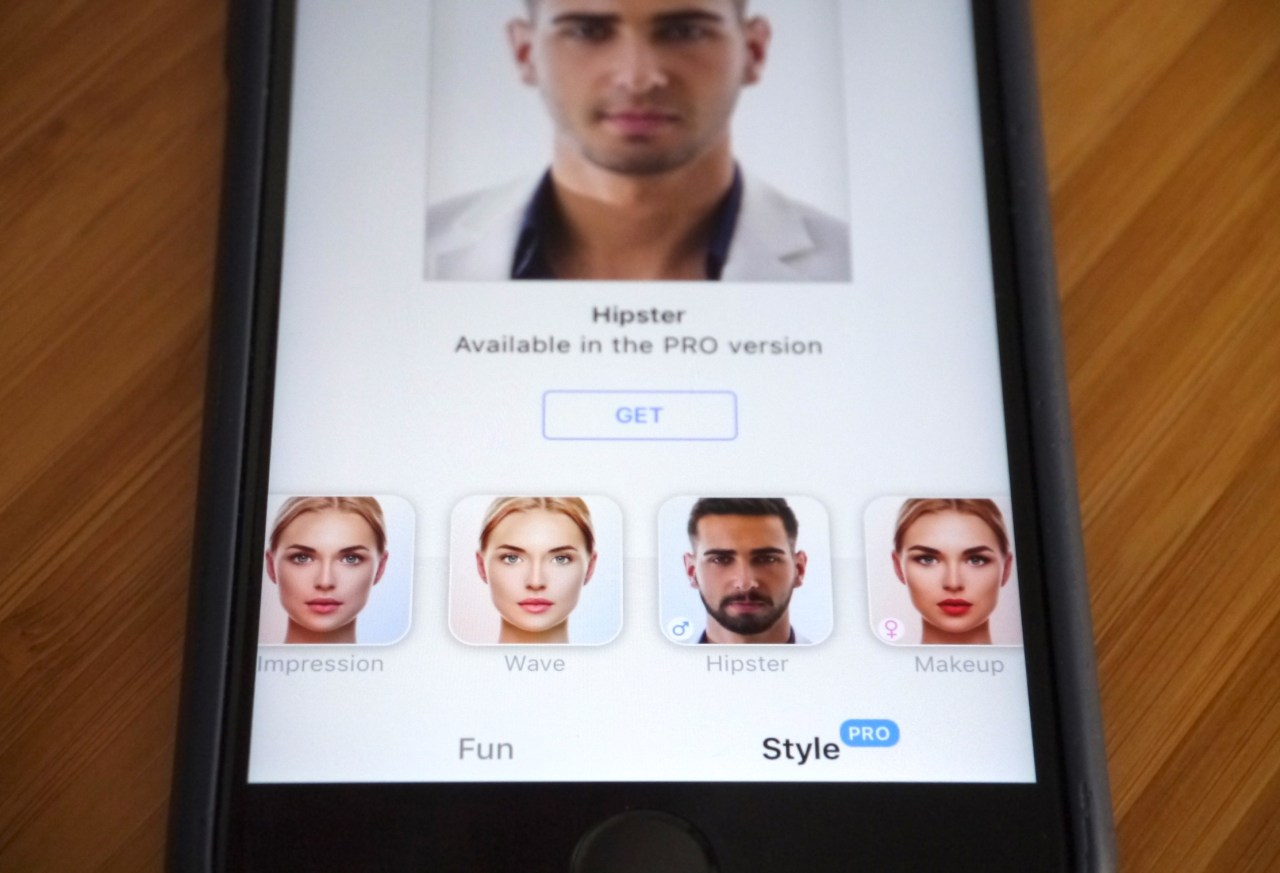In the age of social media and smartphone applications, privacy has become a hot-button issue that often pushes users to reconsider how much they divulge online. With AI-powered applications like FaceApp trending across platforms, it’s essential to dissect their privacy policies and the implications behind them. Recently, FaceApp found itself at the center of a privacy storm, igniting discussions over data security, user permissions, and cloud processing. In this blog post, we’ll delve into the insights shared by the company, clarify misunderstandings, and provide a fresh perspective on what this means for users.
1. The Heart of the Controversy
The controversy began when users expressed concerns that FaceApp, a Russian startup, was uploading personal photos to the cloud without making it clear that processing was happening on remote servers rather than on users’ devices. This raises an important question: how transparent should app developers be about their data handling practices? FaceApp’s cloud-based processing model is efficient, but it can often create the illusion of privacy violations.
2. Cloud Processing Clarified
FaceApp did clarify that they perform most photo processing in the cloud, but only on those images that users specifically select for editing. This means that while users may upload a single photo for beautification or alteration, concerns over the entire camera roll being compromised are unfounded. Most importantly, FaceApp claims that pictures are not permanently stored; the platform aims to delete most images within 48 hours to optimize performance and connectivity.
Key Points from FaceApp’s Statement
- Only user-selected photos are uploaded for editing.
- Most images are deleted from servers shortly after being processed.
- No user data is sold or shared with third parties.
- The privacy of users who don’t log in is maintained.
- Dedicated requests for data deletion can be made through the app.
3. Permissions and User Control
Another aspect frequently highlighted by users was the app’s management of camera roll preferences. The iOS system does allow users to restrict access while enabling them to select individual images for upload. Many apps, including FaceApp, can appear to bypass these settings, creating confusion. Apple’s user interface design around permissions likely requires refinement to avoid misinterpretations that lead to privacy concerns.
4. Understanding the Global Landscape
One of the most cited fears was the association with Russian data security regulations. However, FaceApp reassures users that their data is not transmitted back to Russia. Instead, they utilize platforms like AWS and Google Cloud for storage, which operate under strict regulatory guidelines concerning user data management. This presents a more complex picture that balances innovation with compliance to international privacy standards.
5. Conclusion: Navigating the Future with Awareness
In light of these discussions, it’s crucial for users to be informed and vigilant about the applications they choose to use. While FaceApp has taken steps to clarify their data handling practices, the overarching theme remains: app developers must strive for clarity and user education regarding privacy policies. Users, on the other hand, should take an active role in understanding the tools at their disposal, recognizing the permissions they grant, and advocating for their privacy rights.
At fxis.ai, we believe that such advancements are crucial for the future of AI, as they enable more comprehensive and effective solutions. Our team is continually exploring new methodologies to push the envelope in artificial intelligence, ensuring that our clients benefit from the latest technological innovations.
For more insights, updates, or to collaborate on AI development projects, stay connected with fxis.ai.

